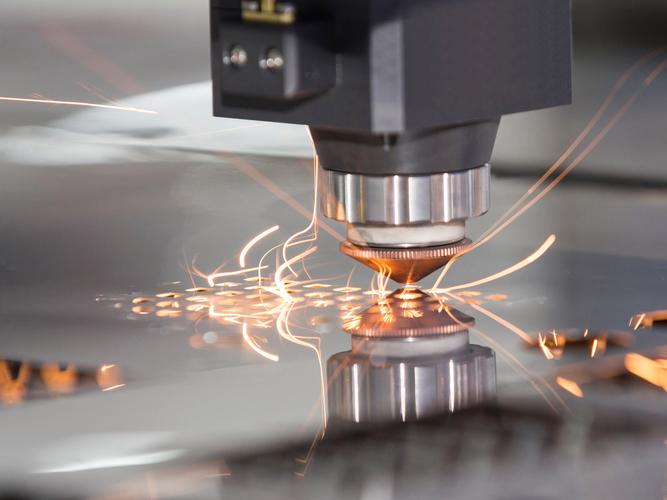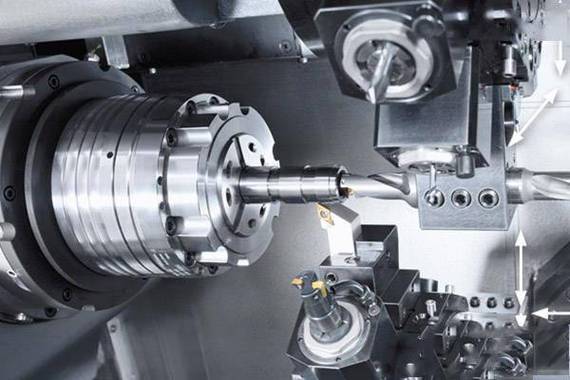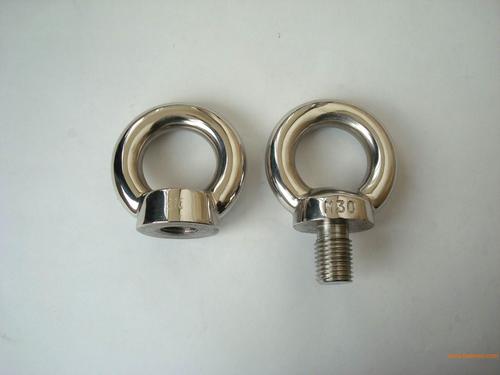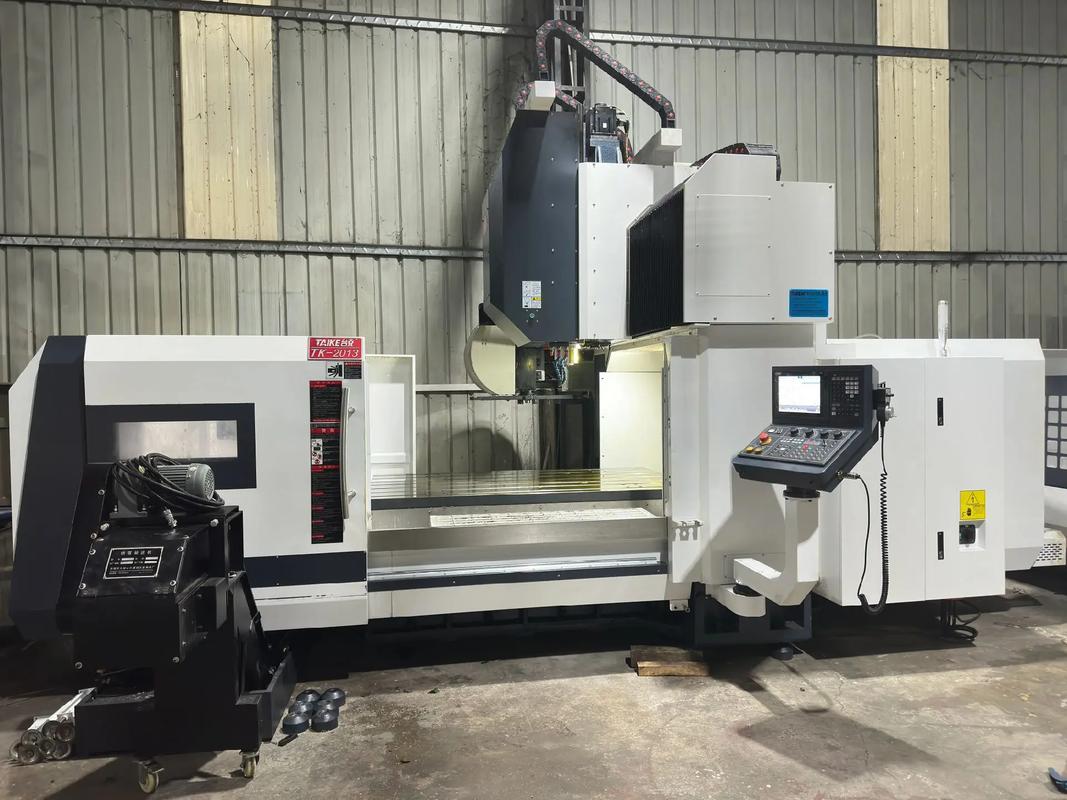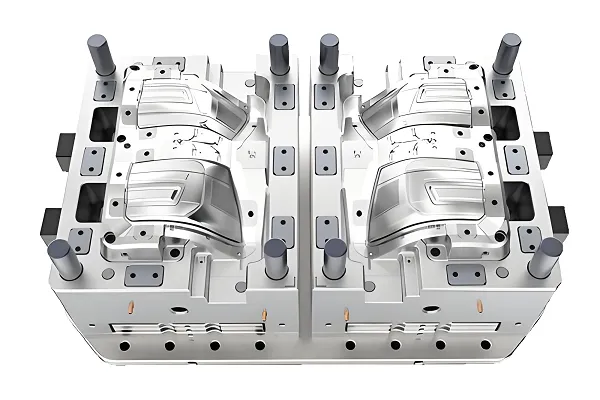Custom plastic injection molded parts service is extensive and professional, covering a wide range of aspects from pre-design, material selection, mold manufacturing, injection molding production to post-processing and after-sales service. The following is a detailed introduction to the service content, each point is accompanied by specific values as a reference basis.
1. Pre-design and consultation
Professional design team: composed of engineers with many years of experience in the industry, the team is able to deeply understand customer needs and provide customized design solutions. During the design process, the team will use the latest CAD/CAM software for 3D modeling and simulation analysis to ensure the accuracy and feasibility of product design.
Customer demand communication: Through detailed communication, we clarify the customer’s requirements on product size, shape, function and appearance, and carry out several iterations of design based on customer feedback until customer satisfaction is achieved.
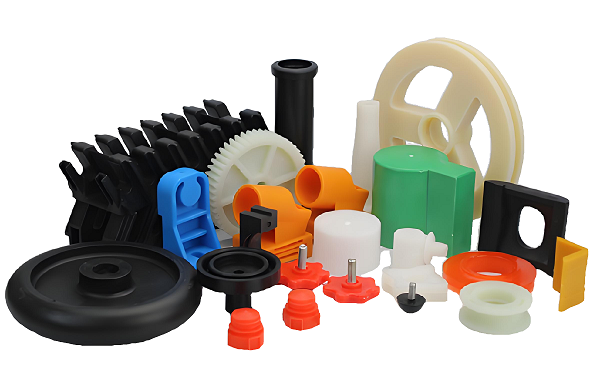
2.Material Selection and Evaluation
Diversified material selection: We provide a wide range of plastic materials for customers to choose from, including polyethylene (PE), polypropylene (PP), polystyrene (PS), ABS, PC, and so on. Each material has unique physical and chemical properties, such as heat resistance, corrosion resistance, mechanical strength, etc., to meet the needs of different application scenarios.
Material Evaluation: According to the customer’s specific requirements for the product, we evaluate the applicability of different materials and consider the cost, processing performance, environmental protection and other factors to finally recommend the most suitable material.
processed material
| Material Name | Density (g/cm³) | Melting Point (°C) | Tensile Strength (MPa) | Flexural Strength (MPa) | Impact Strength (kJ/m²) | Hardness (Rockwell/Shore) | Characteristics & Applications |
|---|---|---|---|---|---|---|---|
| ABS | 1.04-1.06 | 105-115 | 35-55 | 60-90 | 15-25 | – | High strength, toughness, easy processing; used in automotive interiors, appliance housings, toys, etc. |
| PP | 0.90-0.91 | 160-170 | 20-40 | 30-50 | 2-10 | R (Rockwell) 70-90 | Chemical resistance, heat resistance, low density; used in food packaging, medical supplies, appliance housings, etc. |
| PE | 0.92-0.96 (LDPE)
0.94-0.97 (HDPE) |
105-130 (LDPE)
125-135 (HDPE) |
10-30 (LDPE)
20-35 (HDPE) |
– | – | – | Low cost, good chemical resistance, recyclability; used in packaging materials, pipes, containers, etc. |
| PC | 1.20-1.22 | 220-230 | 60-90 | 90-130 | 60-100 | – | High transparency, heat resistance, strength; used in eyeglass lenses, electronic device housings, medical equipment, etc. |
| Nylon (PA) | 1.13-1.15 | 215-265 | 50-100 | 80-150 | 30-70 | – | High strength, wear resistance, chemical resistance; used in mechanical parts, automotive components, piping, etc. |
| POM | 1.41-1.43 | 165-180 | 55-70 | 80-110 | 60-80 | – | High rigidity, strength, wear resistance; used in gears, bearings, pump bodies, etc. |
3.Mold Design and Manufacturing
Precision mold design: Based on the customer’s design drawings and product requirements, we design the mold structure and processing technology in line with the injection molding process. During the mold design process, several factors such as parting surface, gate position, cooling system, etc. will be considered to ensure the dimensional accuracy and surface quality of the injection molded parts.
Mold Manufacturing: Advanced CNC processing equipment and technology are used to manufacture high-precision injection molds. After the mold manufacturing is completed, strict inspection and mold trial will be conducted to ensure the stability and reliability of the mold. In general, the manufacturing precision of the mold can reach ±0.01mm.
4. Injection molding production and quality control
Injection molding machine selection: According to the customer’s production requirements, select the appropriate injection molding machine models and configurations. The tonnage, screw diameter, injection speed and other parameters of the injection molding machine will directly affect the production efficiency and quality of the product.
Optimization of production process: According to the characteristics of plastic materials and mold structure, the optimal production process plan will be developed. During the production process, injection temperature, pressure, time and other parameters will be strictly controlled to ensure the molding quality and production efficiency of injection molded parts. Generally speaking, the dimensional accuracy of injection molded parts can reach ±0.1mm.
Quality control: In the process of injection molding production, a number of quality inspection points will be set up to test the size, appearance, performance and other aspects of the injection molded parts. For non-conforming products, timely rework or scrap processing will be carried out to ensure the overall quality of the product.
5. Post-processing and packaging
Post-processing: According to customer requirements, the injection molded parts will be deburred, punched, cut and other post-processing to meet the end-use requirements of the product.
Packing and shipping: The finished injection molded parts are carefully packed to prevent damage during transportation. At the same time, we will ship the products according to the transportation mode and time node specified by the customers.
6.After-sales service
Technical support: Provide a full range of technical support services, including product use guidance, troubleshooting and solutions. For the problems encountered by customers in the process of use, we will arrange professional and technical personnel to answer and deal with them in a timely manner.
Quality Assurance: For products with non-human damage problems, we will provide corresponding quality assurance services according to the contract, such as return, replacement, maintenance, etc.. Meanwhile, we will also continue to improve product quality and service level to meet the higher needs of customers.
Customized Plastic Injection Molded Parts FAQ
What is the service flow of customized plastic injection molded parts?
A: The service flow of customized plastic injection molded parts generally includes the following steps:
Demand communication: Customers and suppliers communicate specific needs, including product specifications, material requirements, quantity, delivery date, etc..
Design Confirmation: Suppliers according to customer demand for product design or review the drawings provided by the customer to ensure that the design meets the injection molding process requirements.
Mold development: make injection molds according to the product design, after the mold is made, carry out mold testing and modification until satisfactory results are achieved.
Injection molding production: use the appropriate injection molding machine for mass production, during the process of strict control of raw material quality, injection temperature, pressure and other parameters.
Quality Inspection: Strict quality inspection of the injection molded parts to ensure that the products meet customer requirements and industry standards.
Packing and shipping: Pack the qualified products and ship them according to the customer’s required delivery date.
How to choose the right plastic material?
A: The following factors need to be considered in choosing the right plastic material:
Product use: different uses of the product on the material performance requirements are different, such as food packaging need to consider the safety and temperature resistance of the material.
Mechanical properties: including tensile strength, bending strength, impact strength, etc., need to be selected according to the product’s use of the environment and stress.
Processing performance: the fluidity of the material, shrinkage, etc. will affect the effect and cost of injection molding.
Cost: Under the premise of guaranteeing the performance, consider the cost of the material and choose the cost-effective material.
How long does it take to develop a mold?
A: The time for mold development varies depending on the complexity of the product. Generally, the development cycle for simple molds is 2-4 weeks, and complex molds may take longer. The specific time needs to be negotiated with the supplier and clearly marked in the contract.
How to ensure the quality of injection molded parts?
A: To ensure the quality of injection molded parts need to start from the following aspects:
Raw material control: choose high-quality raw materials to ensure stable and reliable quality of raw materials.
Mold management: regular maintenance and repair of molds to ensure mold precision and service life.
Process control: strictly control the temperature, pressure, time and other parameters in the injection molding process to ensure stable and reliable injection molding.
Quality Inspection: Establish a perfect quality inspection system to strictly control the quality of injection molded parts.
Can the delivery time be guaranteed?
A: Whether the delivery date can be guaranteed depends on a number of factors, including the number of products, the production cycle, the stability of the supply chain and so on. The supplier will make a reasonable production plan according to the customer’s delivery requirements, and do our best to ensure on-time delivery. However, in case of force majeure factors (such as natural disasters, epidemics, etc.) affecting the production schedule, the supplier should promptly communicate with the customer and negotiate a solution.
What does after-sales service include?
A: After-sales service generally includes the following aspects:
Technical support: provide customers with technical support and consulting services in product use and maintenance.
Quality problem handling: If there are quality problems with the products, the supplier should respond in time and take measures to solve the problems to ensure that the interests of customers are not damaged.
Return and exchange service: If the products have serious quality problems or do not meet the contract requirements, the supplier should provide return and exchange service.
Continuous Improvement: According to customer feedback and changes in market demand, continuously improve the quality of products and services to enhance customer satisfaction.

